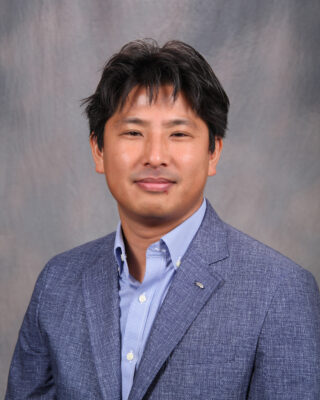Contact
Biography
Han’s research interests include systems that accelerating drug/vaccine development against emerging infectious diseases. He is available to comment on the development of COVID-19 drug/vaccine development. One example of his work, to simply and cut the cost of devices that assess cancer cells, is an acoustofluidic cytometer that uses sound waves to measure the stiffness and compressibility of cancer cells. This not only will aid in the classification of cancer types, but will also make diagnosis more efficient and observable. He leads the NanoBio Systems Laboratory at Texas A&M, which is interested in solving grand challenge problems in the broad area of health and energy through the use of micro/nano systems technology. Its effort is multidisciplinary, encompassing expertise from engineering (electrical, biomedical, mechanical, chemical, computer), physical science (chemistry), and life sciences (neuroscience, microbiology, cancer biology, biochemistry, plant pathobiology, veterinary medicine, agriculture). Its current research themes are microphysiological systems (organ-on-a-chip), metastatic cancer analysis, microbes as biorefinery, and microbial physiology and functions in infectious disease. Han earned a BS from Seoul National University, an MS from the University of Cincinnati and a PhD from Georgia Institute of Technology.
